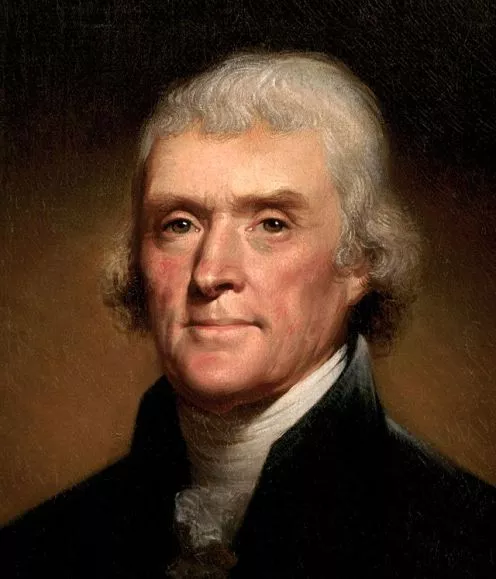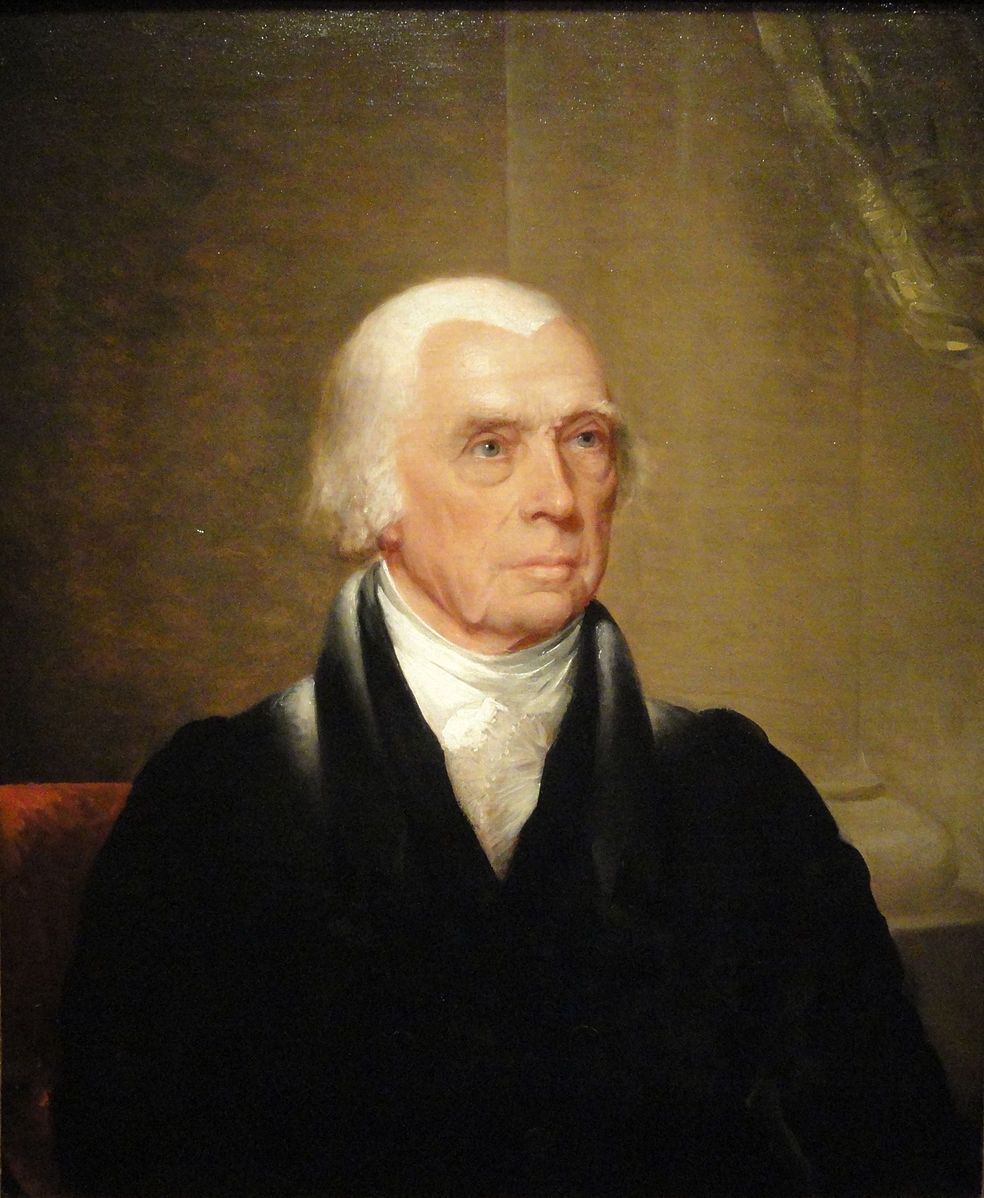
Virginia and Kentucky Resolutions
Thomas Jefferson and James Madison drafted the state legislatures of Kentucky and Virginia each adopting a series of resolutions in response to the Alien and Sedition Acts of 1798, declaring those acts to be unconstitutional.
“Alien and Sedition Acts” passed at the last session of Congress; the first of which exercises a power no where delegated to the federal government, and which by uniting legislative and judicial powers to those of executive, subverts the general principles of free government; as well as the particular organization, and positive provisions of the federal constitution; and the other of which acts, exercises in like manner, a power not delegated by the constitution, but on the contrary, expressly and positively forbidden by one of the amendments

In response to the Alien and Sedition Acts of 1798, the state legislatures of Kentucky and Virginia each adopted a series of resolutions, drafted by Thomas Jefferson and James Madison respectively, declaring those acts to be unconstitutional.
Both the Kentucky and Virginia Resolutions appealed to the First Amendment of the Constitution to argue that the federal government had no right to abridge the freedom of speech or of the press. While this argument is often taken as expressing a more libertarian conception of freedom of speech than the common-law view articulated by Blackstone, the argument of the resolutions concerned more narrowly the question of whether the federal government had the power to regulate speech and press. Neither Madison nor Jefferson ever denied that individual state governments had such a power.
The Kentucky and Virginia Resolutions were thus more about federalism than about freedom of expression as such. Nevertheless, these Resolutions, as well as Madison’s defense and restatement of them a year later in his “Virginia Report,” give the clearest expression of Madison’s and Jefferson’s understanding of the foundational importance of freedom of speech and its role in the Constitution.
